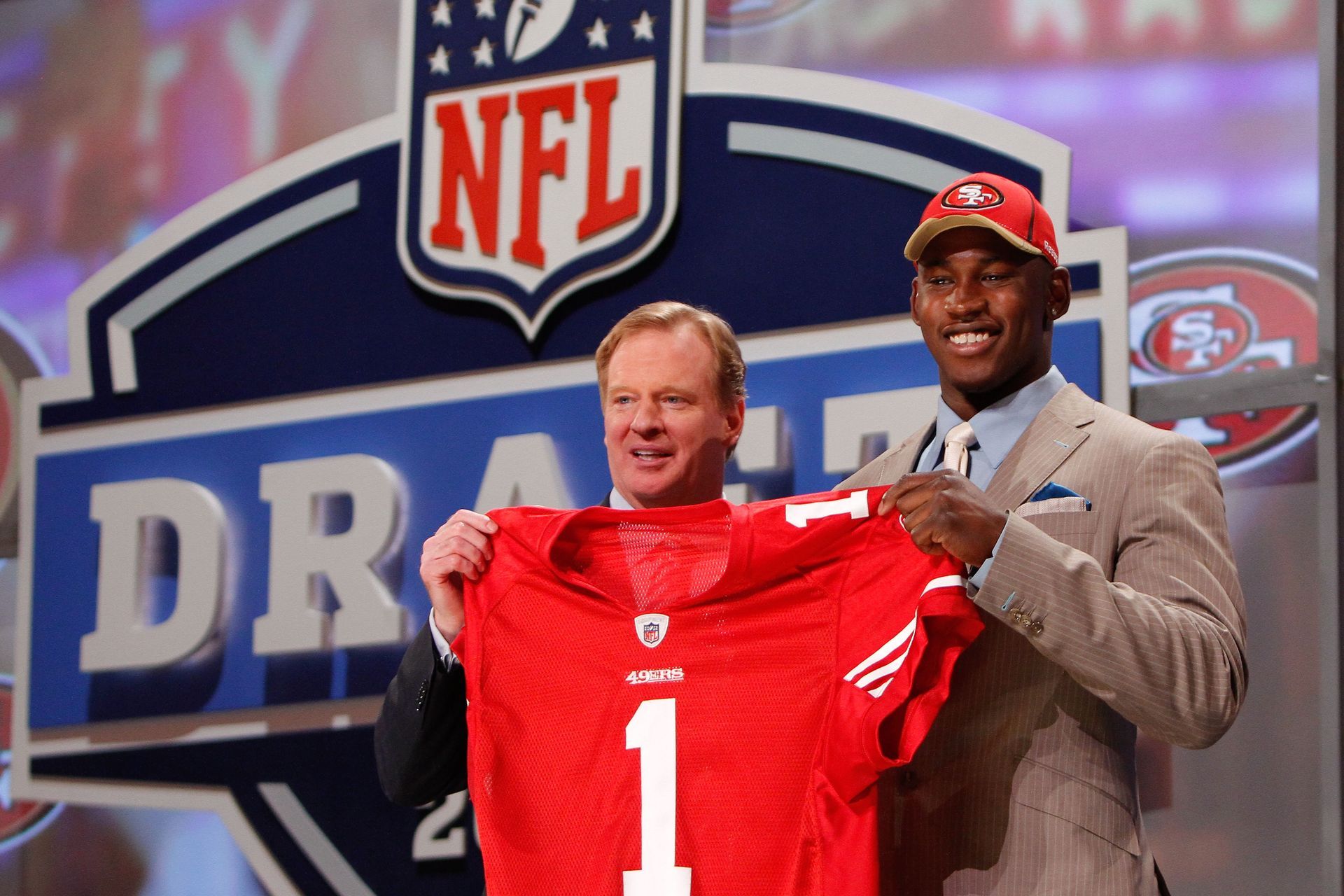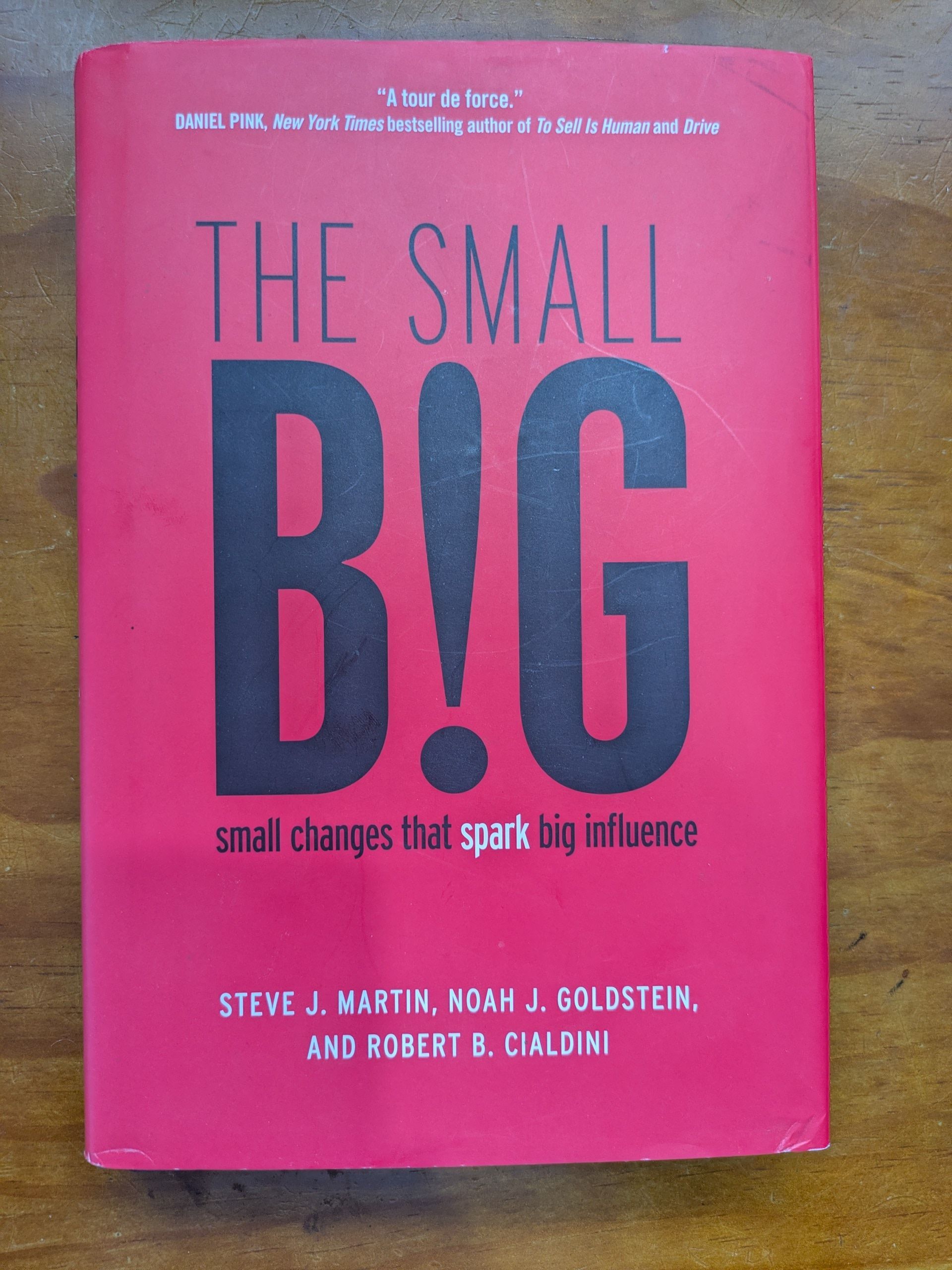Why General Intelligence is the Engine of Workplace Performance
We hope you enjoy reading this blog post!
Fermion is a Wollongong-based HR consultancy that specialises in helping companies across Australia save money through innovative recruitment and retention programs. Let us help your organisation thrive.
Understanding General Intelligence in the Workplace
Want to improve workplace productivity? Start testing for general intelligence; it’s one of the strongest predictors of workplace performance and it’s easy to measure.
General intelligence — sometimes called g— reflects an individual’s ability to reason, learn quickly, solve problems, and adapt to new situations. In a business environment, these abilities are essential for productivity, innovation, and long-term success.
A Racetrack Analogy
Imagine a racetrack and three well-built cars, albeit with different size engines:
- Car 110 (IQ 110)
- Car 100 (IQ 100)
- Car 90 (IQ 90)
The track is mostly smooth with gentle curves, but there’s one challenging section: a steep hill with a complex chicane — the workplace equivalent of a difficult, multi-step problem.
Lap Times: How Engine Size, or Intelligence, Affects Performance
- Car 110: Navigates the chicane with ease, completing a lap in 2 minutes.
- Car 100: Handles it steadily but takes 3 minutes.
- Car 90: Gets through with help, completing the lap in 4 minutes.
Productivity Compounds Over Time
Over one hour:
- Car 110 completes 30 laps.
- Car 100 completes 20 laps.
- Car 90 completes 15 laps with assistance.
All the cars can do their job, however, there are marked differences in their performance and productivity.
When your workplace faces “complex chicanes” — big challenges, new systems, unexpected problems — the capability difference becomes obvious.
Even small differences in performance per lap become significant over time. This mirrors how workplace productivity gaps widen as tasks become more complex. Over time, small differences in capability turn into large differences in output.
Why This Matters for Hiring and Development
General intelligence is like the engine in a race car:
- Higher intelligence means faster learning, better problem-solving and processing speed.
- Lower intelligence often requires more support, more time, and more resources to complete the same work.
The Business Impact
When your workplace hits its own “steep hill and chicane” — unexpected challenges, complex systems, urgent problem-solving — higher intelligence allows employees to:
- Adapt faster
- Maintain output under pressure
- Handle complexity with less support
General intelligence testing isn’t about labelling people and lower intelligence doesn’t mean someone can’t contribute — but it often means they’ll need more time and resources to get the same job done; it’s about understanding capability so you can:
- Hire the right people for the right roles
- Identify high-potential staff early
- Reduce costly performance gaps over time
📞 Contact Fermion to learn how general intelligence testing can give your organisation the edge.
About the Author:
Fermion specialises in psychometric testing for recruitment. Please contact Fermion to discuss how a test of IQ, EQ and a personality profile, or any other psychometric test, can help with you your recruitment decisions.
Christopher Apps is a Workplace Psychologist and the owner of Fermion. He stays updated on the latest psychology research and shares evidence-based insights. The focus of Fermion is "Psychometric Testing for Recruitment" and “Recruitment to Retention: How to Select Good Staff & Keep Them”. If you would like to learn how to select good staff and keep them, please feel free to contact us at Fermion.
“Learn from the mistakes of others. You can’t live long enough to make them all yourself.”
Eleanor Roosevelt.





